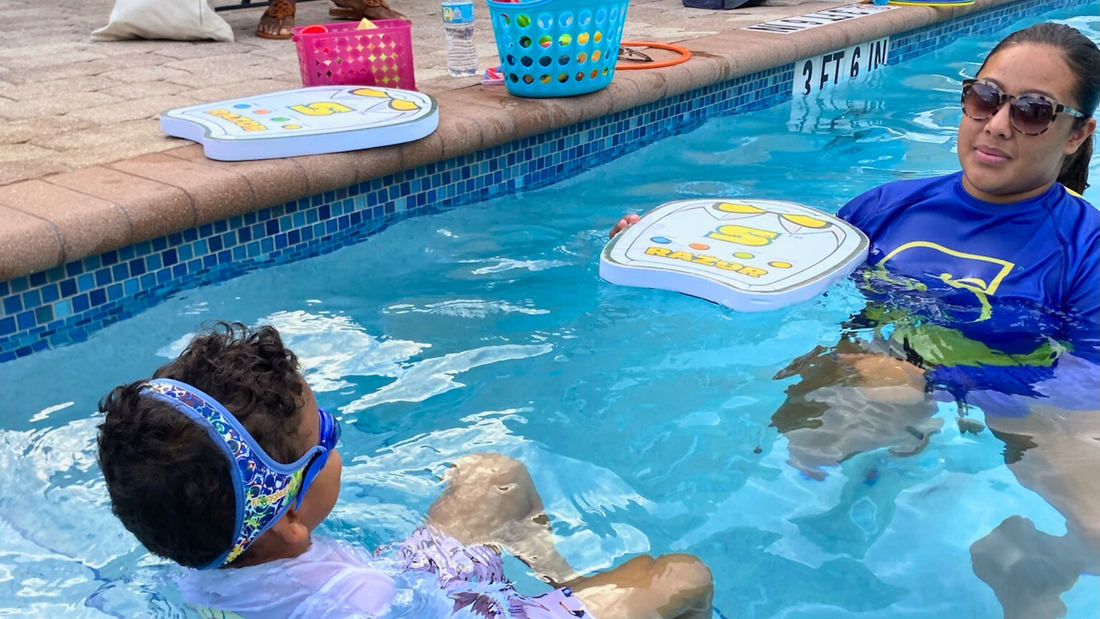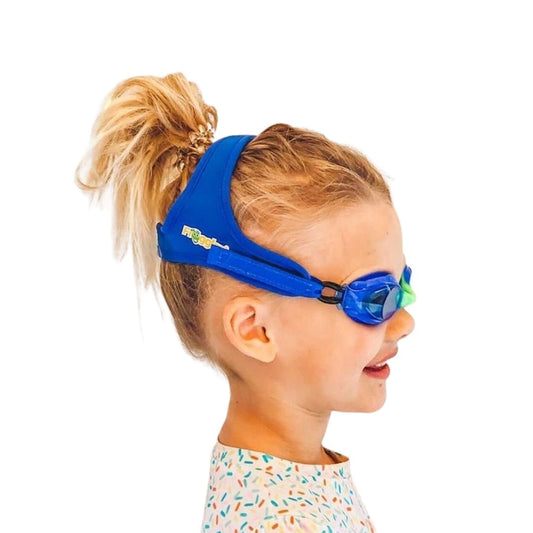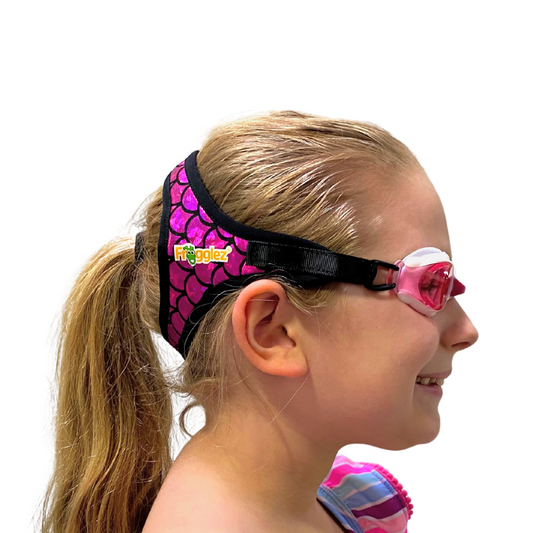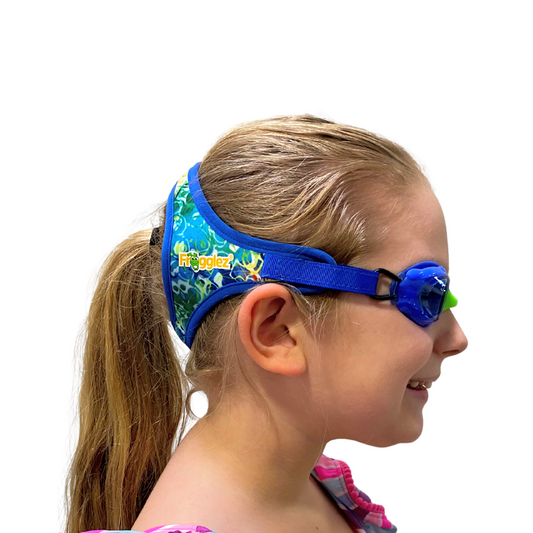Not every child is ready for swim class on the same timeline, but children of any age and ability can learn to swim. Swimming introduces new skills and experiences that some kids handle more quickly than others. The feeling of floating, holding their breath, and getting water in their ears are all new sensations that can be overwhelming to some little kids. You know your child better than anyone, so trust your instincts and talk to your pediatrician to determine when to start swim classes.
Swimming accelerates development
Research proves that children in swim lessons have more advanced cognitive skills than others because swimming helps build connections in their brains. Coordinating body movements, breathing, and processing the sensations of the environment is valuable to their development. In addition, mastering these skills prepares your child for a lifetime of healthy activity.
Kids learn essential social skills during swim lessons
Babies are exposed to other children and have to learn to take turns, listen to instructions, and share toys during swim classes. They interact with other adults, filter out extraneous activity to focus on a goal, and many other essential social skills. Studies show that kids taking swim lessons are about six months more advanced than their peers.
Pool time encourages better sleep
Being in the pool engages every muscle and uses a lot of brainpower! Many parents remark how much better their babies and toddlers sleep after a swim session. Little ones need a good rest time afterward to recover from the strenuous experience.
Swimming is effective as therapy
Swim sessions are frequently incorporated into physical or occupational therapy for people with disabilities. The resistance of the water provides a physical challenge without the strain of impact. Swimming is particularly effective for sensory and vestibular balance issues because the brain and body engage simultaneously to conquer the feeling of weightlessness. Many people on the autism spectrum find behavioral benefits from the increased compression and calming effect of water.
Swimming opens up a world of other sports
Proficient swimmers can try out many other water sports. Swimming opens up a lifetime of exciting adventures like snorkeling, scuba diving, triathlons, surfing, kayaking, and canoeing. Take advantage of the many opportunities to exercise, see the underwater world, or compete once you know how to swim.
Lower the risk of drowning
Being safe in and around pools, lakes, and the ocean is crucial. Most swim schools provide classes at different levels to suit your goals. For example, depending on the age and development of your child, you might opt for getting them comfortable in the water, providing safety and rescue training, or swim proficiency that includes learning the four competitive strokes. No swim classes can drown-proof your child, but a study by the CDC says formal swimming lessons can lower the risk of drowning as much as 88%.
Go ahead and jump in
The American Academy of Pediatrics (AAP) supports swimming lessons for one-year-old children who show signs of readiness and are frequently exposed to water. Consult your pediatrician if you have questions about your child’s developmental readiness.
If at all possible, sign your children up for year-round swim lessons as soon as possible. Prepare them at home before lessons start with a few fun games, read books about swim lessons, and talk about what to expect.








